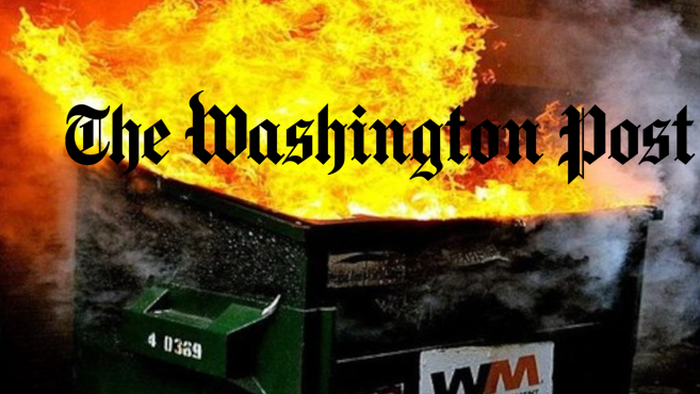Jeff Bezos recently stirred significant controversy by publishing an Op-Ed explaining his decision for The Washington Post not to endorse a presidential candidate during the upcoming elections, particularly targeting current Vice President Kamala Harris. In his piece, Bezos emphasized the troubling decline in trust towards the news media, a sector that now ranks even lower in public opinion than Congress itself, according to the latest Gallup poll. Highlighting a pervasive perception of bias within journalism, he argued that credibility hinges on both the accuracy of the information provided and the public’s belief in that accuracy. The current media landscape, he pointed out, exacerbates this issue, necessitating an urgent reevaluation of how news is reported and perceived.
Bezos presented an analogy comparing the function of voting machines to that of newspapers. Just as voting machines must accurately count votes while also being trusted to do so, newspapers must not only provide accurate information but also inspire confidence in their reporting. The Post’s failure lies largely in its public perception; many people consider it biased and untrustworthy. Acknowledging this challenge, Bezos stated that simply blaming external factors for this credibility gap is ineffective and that true change must come from within the organization. He affirmed that ceasing electoral endorsements was a step toward reestablishing trust and ensuring the newspaper’s perceived independence.
Critically, Bezos argued that presidential endorsements hold little value in influencing undecided voters and instead foster perceptions of bias. By eliminating these endorsements, The Washington Post aims to reassert itself as an unbiased news source. He reflected on the historical view of media independence, referencing Eugene Meyer, a past publisher, who advocated for non-partisanship. Although Bezos recognized that this decision alone wouldn’t immediately restore the paper’s credibility, he maintained that it was a principled move in a necessary direction and wished they had acted sooner than they did.
Further addressing concerns about conflicts of interest due to his ownership of The Post, Bezos insisted that his business ventures do not take precedence over the integrity of the newspaper. He argued that while he is a complex figure in the media landscape, he has never used his position to favor his interests over the paper’s principles. Moussa’s assertion that no prior incidents of such influence exist during his ownership, paints a picture of an owner committed to journalistic independence amidst rising criticism regarding media bias and the his own significant wealth and corporate connections.
Significantly, Bezos pointed to a larger crisis within journalism, noting that as credible news sources struggle, the public increasingly turns to unreliable platforms such as social media and unverified podcasts. This shift not only threatens the reputation of established newspapers but also contributes to a society riddled with misinformation and deepening divides. He expressed concern that an exodus from credible journalism jeopardizes the integrity of discourse, thereby emphasizing the need for reputable news organizations to remain relevant and continue their pursuit of the truth.
In the wake of Bezos’ announcement, The Washington Post faced immediate backlash from its liberal readership, with reports of approximately 200,000 digital subscription cancellations surfacing just days following the op-ed’s publication. This reaction highlights the intense emotional and ideological ramifications of the decision against a backdrop of heightened political tensions within the country. Bezos’ challenge remains whether this pivotal moment could serve as a turning point that encourages media to focus more on news content than opinion, or if it signals an enduring shift towards a landscape where journalistic objectivity is continually compromised. Determining how journalists and readers will navigate this evolving dynamic in the face of entrenched ideologies remains to be seen.

